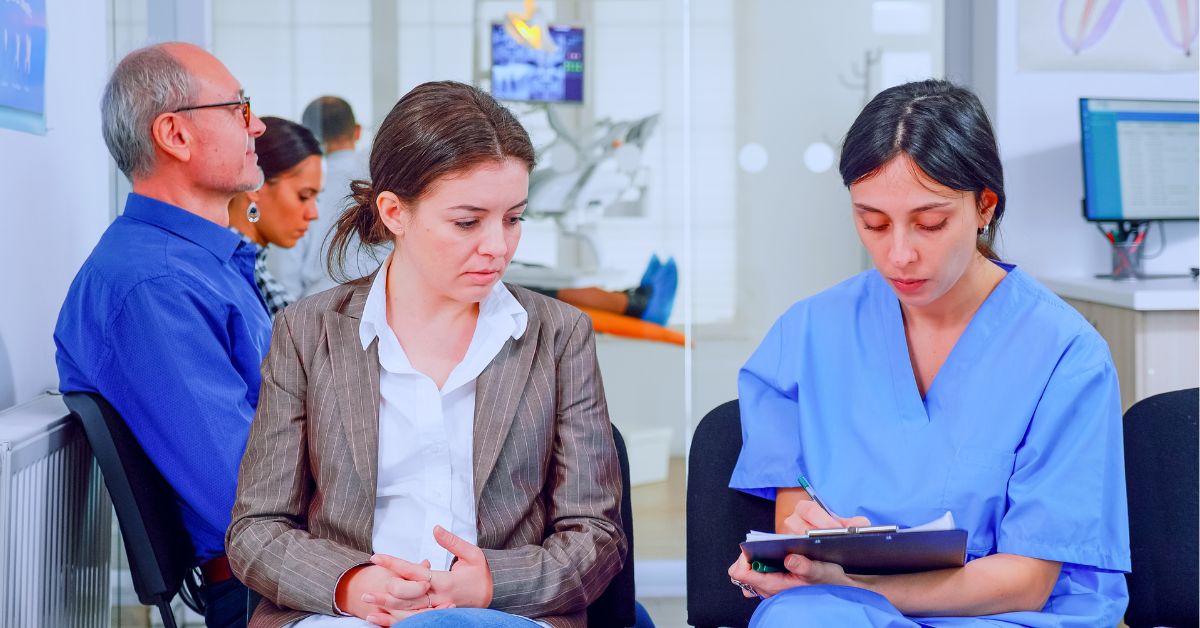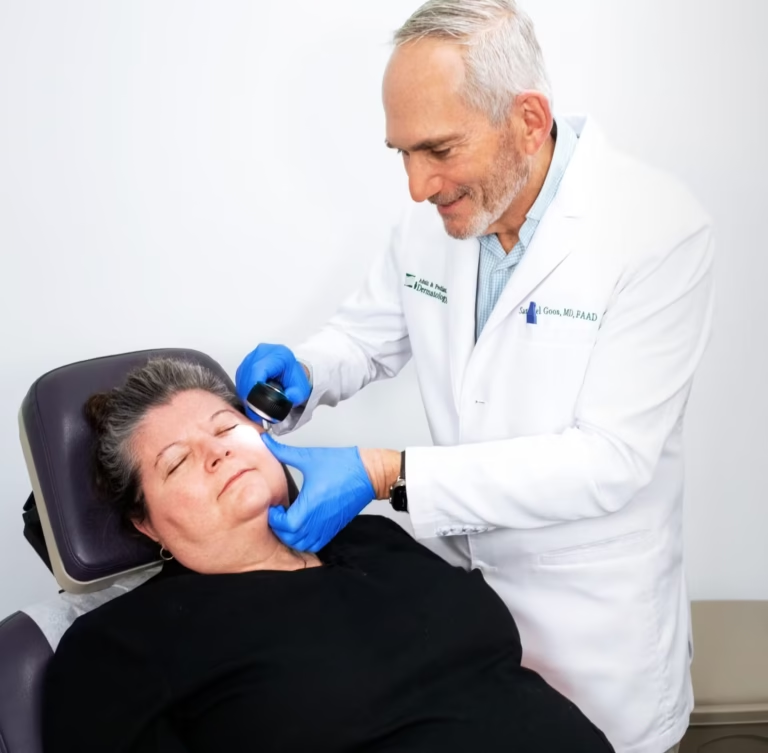What to Expect During Your First Community Nursing Visit (NDIS)

Your first community nursing visit under the NDIS can feel mysterious. You may not know what will happen and feel curious. This visit is not just about medical care. It is about your support, comfort, and starting a journey to better health at home. So, let’s imagine the first day of your community nursing care in Melbourne.
First things first—
The Role of the NDIS
The NDIS makes this visit possible. It recognises the importance of home-based nursing and funds the support you need. It also connects you with trained professionals. So, this is more than a service. It is a partnership between you, your nurse, and your NDIS plan.
First Impressions
The first moments set the tone. The nurse will introduce themselves clearly and explain their role. They will tell you how long the visit will take. They may even share a brief outline of the process.
This is your chance to feel at ease. Ask questions if you need clarity. The nurse will listen and answer without haste.
Understanding Your Needs
The nurse will begin with conversation. They will ask about:
- Your health history
- Your current symptoms
- Your daily routine
These questions are important to help the nurse understand you. They reveal your lifestyle, your strengths, and your challenges. The answers guide the care plan.
The Physical Assessment
After the talk, the nurse will begin a physical check. They may take your blood pressure, check your pulse, look at a wound, or examine your mobility as needed. Every action will be explained. You will know why each step is happening.
This removes uncertainty and builds trust.
A Personalised Care Plan
Once the nurse understands your needs, they will create a care plan. This plan is specific to you. It might involve wound care, medication management, monitoring of a chronic condition, etc.
The plan will be practical. It will suit your lifestyle. It will aim to make your daily life safer and healthier.
Education as a Priority
Your first visit will not be all about treatment. It will also be about teaching. The nurse will explain how to care for yourself between visits. They may demonstrate how to clean a wound. They may show you how to take your medicines correctly.
You may also be asked to try the task yourself. This is part of your empowerment. You are not just a patient. You are a partner in your own care.
Building Comfort and Trust
Trust is essential. The nurse will work gently to earn it. Examples include –
- Listening to your concerns
- Respecting your pace
- Adjusting their approach to suit your comfort level.
If you feel uneasy, you can say so. The nurse will respond with reassurance. They will not push you beyond what you can handle.
Privacy and Dignity
A good nurse values your dignity. They will ensure that private procedures are done discreetly and may suggest using a different room for certain tasks. They will never rush sensitive moments.
Your comfort is always the priority. Respect will be present in every action.
Using the Right Tools
The nurse’s bag may hold a variety of items. You might see bandages, gloves, or a stethoscope. You might see digital devices for checking health readings. Each tool has a purpose.
The nurse will handle equipment with skill. They will keep everything clean and organised. They will ensure that nothing is used without explanation.
Encouraging Questions
Your first visit is the perfect time to ask questions. You might want to know –
- How often visits will happen
- What signs mean you should call the nurse
- About long-term health goals
The nurse will welcome your curiosity. They know that an informed participant feels more confident.
Gentle Introduction to Procedures
If your care involves a procedure, the nurse will guide you through it. They may start with a demonstration and talk through each step as they work. You will never be left wondering what is happening. The process will be clear. The pace will be steady.
Comfort in Familiar Surroundings
One of the greatest advantages of a community nursing visit is the setting. You are in your own home, surrounded by your own belongings. You do not need to travel or wait in a clinic—The nurse comes to you. This familiarity can reduce anxiety and makes healthcare more personal and accessible.
Emotional Support
A community nurse is not just a medical provider. They are also a source of encouragement. They can listen when you feel frustrated and motivate you when you feel tired. They will also remind you that progress takes time. This will reassure you that setbacks are normal.
Clear Communication
The nurse will use clear and simple language without unnecessary jargon. They will repeat information and provide written notes or diagrams if needed. This ensures you can follow instructions even after the visit.
The End of the Visit
When the care tasks are complete, the nurse will review the day’s work and check that you understood the instructions. Then, they may schedule the next visit. Before leaving, they will ensure you have everything you need and know exactly what to do until they return.
A Positive First Step
Your first community nursing visit is the start of something valuable. It is the first step toward better health and greater independence. It is a moment of learning and trust-building. It is a sign that you are supported.
After the visit, you will feel lighter and more in control. You may also feel reassured that you are not alone in your care journey. If you wish to get started right away, feel free to connect with the team at Hosanna Care Support.






